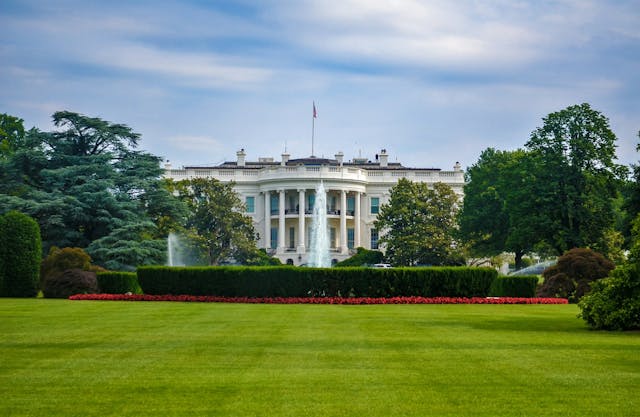Video Surveillance: Abusing Power or Protecting the Public?

On each landing, opposite the lift-shaft, the poster with the enormous face gazed from the wall. It was one of those pictures which are so contrived that the eyes follow you about when you move. BIG BROTHER IS WATCHING YOU, the caption beneath it ran. -- George Orwell, 1984.
This week's bombing in Bangkok showed the power of the police using video surveillance -- in that within 24 hours the first suspect was uncovered, followed by nine more within just a few days.
The same was true in the Boston Marathon Bombing. Police were able to isolate the Tsarnaevs from the crowd within just a few short days.
These crimes could have gone unsolved just a few short years ago, but with advances in computer recognition software, as well as the fact that cameras are pretty much everywhere, the police now have a substantial tool to fight crime.
In the London Riots in 2011, the police were able to isolate individuals, assess what crimes were being committed, and then later charge those individuals with crimes after the riots had calmed down and without having to brutally suppress the riot to catch the criminals.
Even the American serial-killer BTK, who alluded justice for over 30 years, was eventually caught largely by being captured on a privately-owned video camera that was turned over to police for inspection.
All these examples show the effectiveness of what has become a normal tool in the day-to-day operations of police forces around the globe. But is this the continuation of what many have seen as the growing police state throughout the world?
And while video surveillance is far more passive than the active spying done on electronic communications, the bottom line is the population is being watched -- and most don't care.
There is a fine line between "only the guilty need to worry" and the police state. Yet, most people going about their normal lives simply don't mind (or even notice) the level of surveillance they are under.
And it's profound. My doctor's office is 27 miles from my house, all but 2 miles of it is under police CCTV surveillance -- as the major highways in my medium-sized town are all completely under police CCTV surveillance.
In most ways, I find this somewhat encouraging. If there's a bad wreck, it will be picked up on camera and the person at fault will be identified. But sometimes I wonder if it's really worth it.
When the Founding Fathers met to plan for the Revolution, most were already wanted men. By the time the Revolution broke out, the British had countless men wanted for various crimes. They would have never been able to meet and plan with the level of electronic and video surveillance that exists today, and they would have taken an extreme risk by even going outside.
When you stop to reflect that the very tactics used by the Founders to start the American Revolution couldn't possibly work against the modern police state, maybe we should worry a bit more. - David Yee, IVN Independent Author
As data storage, software, and hardware becomes cheaper and more powerful, video surveillance will become an even greater issue to address. Millions of hours of data can be stored for infinite time periods, simply waiting for the moment when it is necessary to look into someone's past for evidence.
The reality, though, is that we already live in a world of complete surveillance -- some done by others, some done by ourselves. We create very precise diaries of our actions on social media and the government does the same with the growing power of surveillance technology.
What we truly need is a forward looking congressional panel that examines the implications of what already exists, and places limits and legislation into place to make surveillance both uniform and reasonable in usage. This is where we've fallen short in so many ways: our technology develops faster than our morals and laws can contend with.
Photo Credit: PEN Canada



